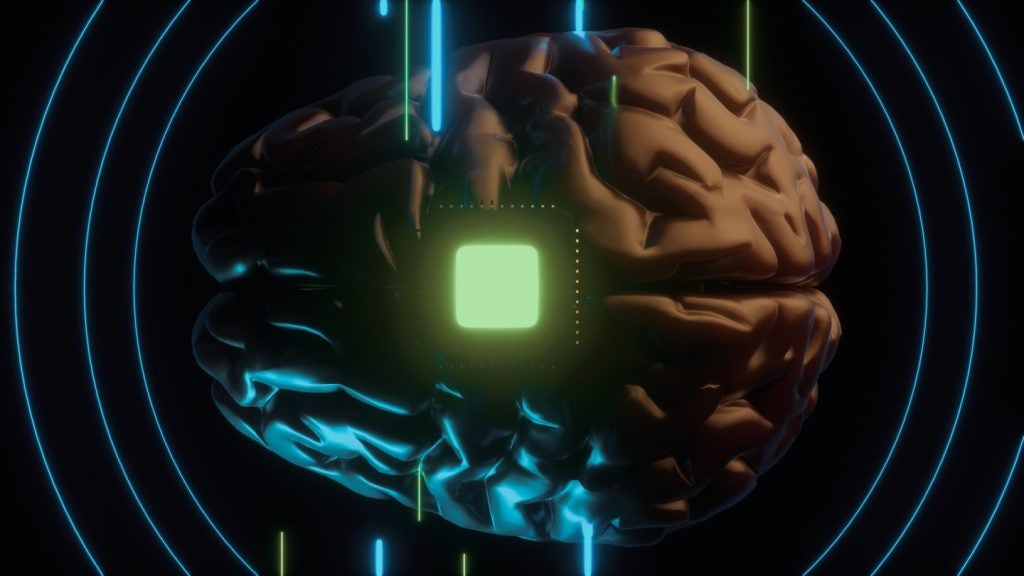
You’ve probably heard of quantum computing, even if you don’t fully understand it.
In a nutshell: quantum computing revolves around quantum bits (qubits) which can take on more than one state at the same time, known as superposition.
This means that more calculations can be done on the quantum computer, which could pave the way to exciting discoveries.
This week, Microsoft’s quantum computing team was in London for the company’s annual Microsoft Decoded event.
As well as talking about the quantum computer the company is building, Krysta Svore, principal research manager at Microsoft Research, also talked about the types of things Microsoft hopes to achieve when it builds a fully working quantum computing.
I entered quantum computing because I wanted to learn how to actually program this device,” said Svore. “At Microsoft, we want to scale and actually solve the world’s most challenging problems with these qubits.
How well do you really know your competitors?
Access the most comprehensive Company Profiles on the market, powered by GlobalData. Save hours of research. Gain competitive edge.
 Company Profile – free sample
Company Profile – free sampleThank you!
Your download email will arrive shortly
Not ready to buy yet? Download a free sample
We are confident about the unique quality of our Company Profiles. However, we want you to make the most beneficial decision for your business, so we offer a free sample that you can download by submitting the below form
By GlobalData
Here are the problems quantum computing could solve according to Microsoft.
1. Nitrogen Fixation
Nitrogen fixation is the process by which nitrogen gas in the atmosphere is converted into a form that plants and other organisms can use, such as ammonia. Plants need nitrogen in the soil to grow, which is why it is one of the most important biochemical processes on Earth.
Svore said:
Artificial fertiliser production [could] help the world’s hunger. Currently, we use a process from the early 1900s which consumers something like three percent of the world’s natural gas, just for fertiliser. Let’s improve that.
Quantum computers can simulate things in nature that are fundamentally quantum in nature, like quantum chemistry which is the nitrogen fixation process.
As a result, Microsoft’s teams are working on algorithm development to find a new, low-cost way of creating fertiliser using nitrogen fixation.
2. Climate change
This week has been a big week for climate change concerns.
According to the UN’s World Metrological Organisation (WMO), concentrations of carbon dioxide in the atmosphere have reached the highest levels in 800,000 years. This is an unprecedented rise.
This is another area that Microsoft is looking to change. Svore said algorithmic development is focusing on carbon capture, where emissions are captured from mobile sources of carbon in order to take them out of the atmosphere.
This would improve and take steps towards combatting global warming.
3. Advancements in material science
One of the problems with clean energy solutions is held up with problems in material science. Yet, quantum computing could solve some of this issues.
Svore said:
We can study materials on a quantum computer. Problems that would take billions of years on a classic computer, we could solve in a matter of days or weeks on a quantum computer.
For instance, research could look into creating a smart energy grid that would allow for lossless energy transmission. This could make renewable energy sources more sustainable.
4. Security
There are a lot of concerns about what will happen when we have a functioning, widespread quantum computing in regards to security.
This is because most of today’s encryption is based on factoring, when prime numbers are multiplied together.
Svore said:
It would take 1bn years to find the two prime numbers that I have multiplied together on a classical computer. On a quantum computer, we’re talking about 100 seconds.
Microsoft is working on developing post-quantum encryption to offset this threat: “We have methods to turn to, that we should start turning to now to protect information against a quantum computer.”
As well, Microsoft’s researchers are working on creating quantum-safe algorithms for better privacy and security in the future.





